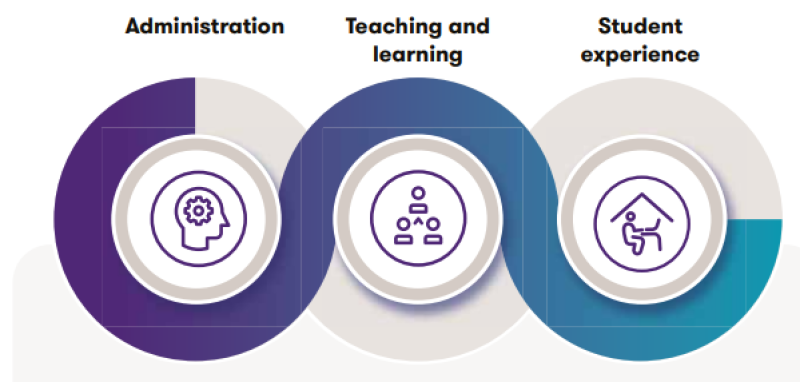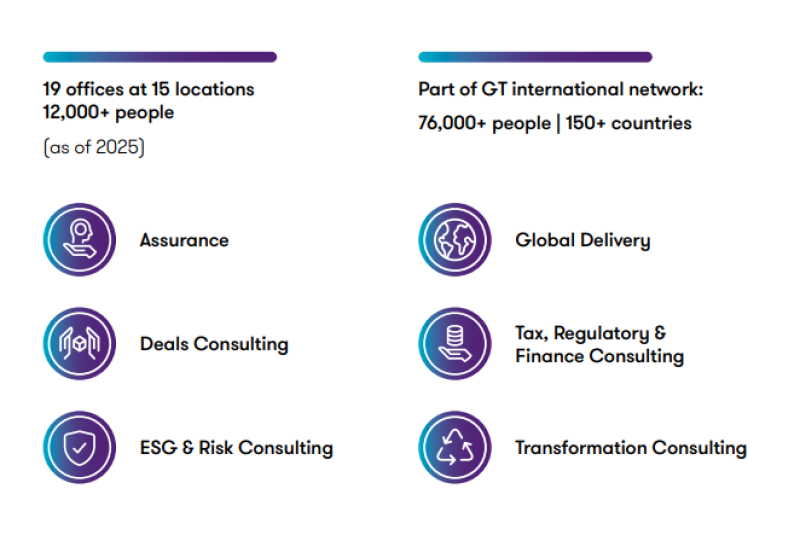A "future-ready" higher education institution (HEI) must prioritize student-centric design, smart campuses, and research monetisation to thrive amid disruptions, the CII-Grant Thornton report asserts, painting a holistic blueprint.
Key traits include engaged, modular learning via real-world challenges; industry synergy through co-created curricula; and digital infrastructure for efficiency. "A future-ready institution is one that demonstrates agility and adaptability... embracing technology to deliver a seamless experience," the report describes.
Behavioral unlocks: Evolved delivery with OBE (outcome-based education), digital-first mindsets for cost savings, and human-centricity via ESG focus and stakeholder voices. Financial sustainability demands diversified streams like IP monetisation and alumni endowments.
Governance emphasizes delegation of authorities and policy refreshes, while community engagement fosters SDG hubs. Panjab University's industrial problem bank and MRIIRS's SDG literacy course – co-taught by 17 faculty across 10 schools – embody this.
"Institutions must move beyond traditional structures... to embrace flexible, personalised, and experiential learning," the report urges, warning of AI headwinds like faculty shortages but optimism in collaborations.
This vision, informed by roundtables, calls for continuous improvement to meet Gen Z's demands for relevance and inclusion.


